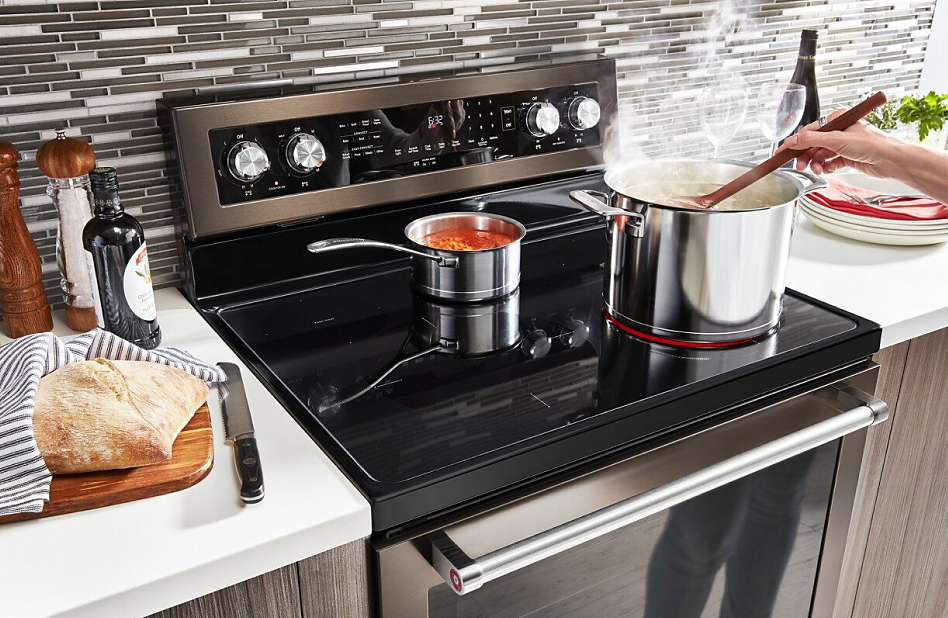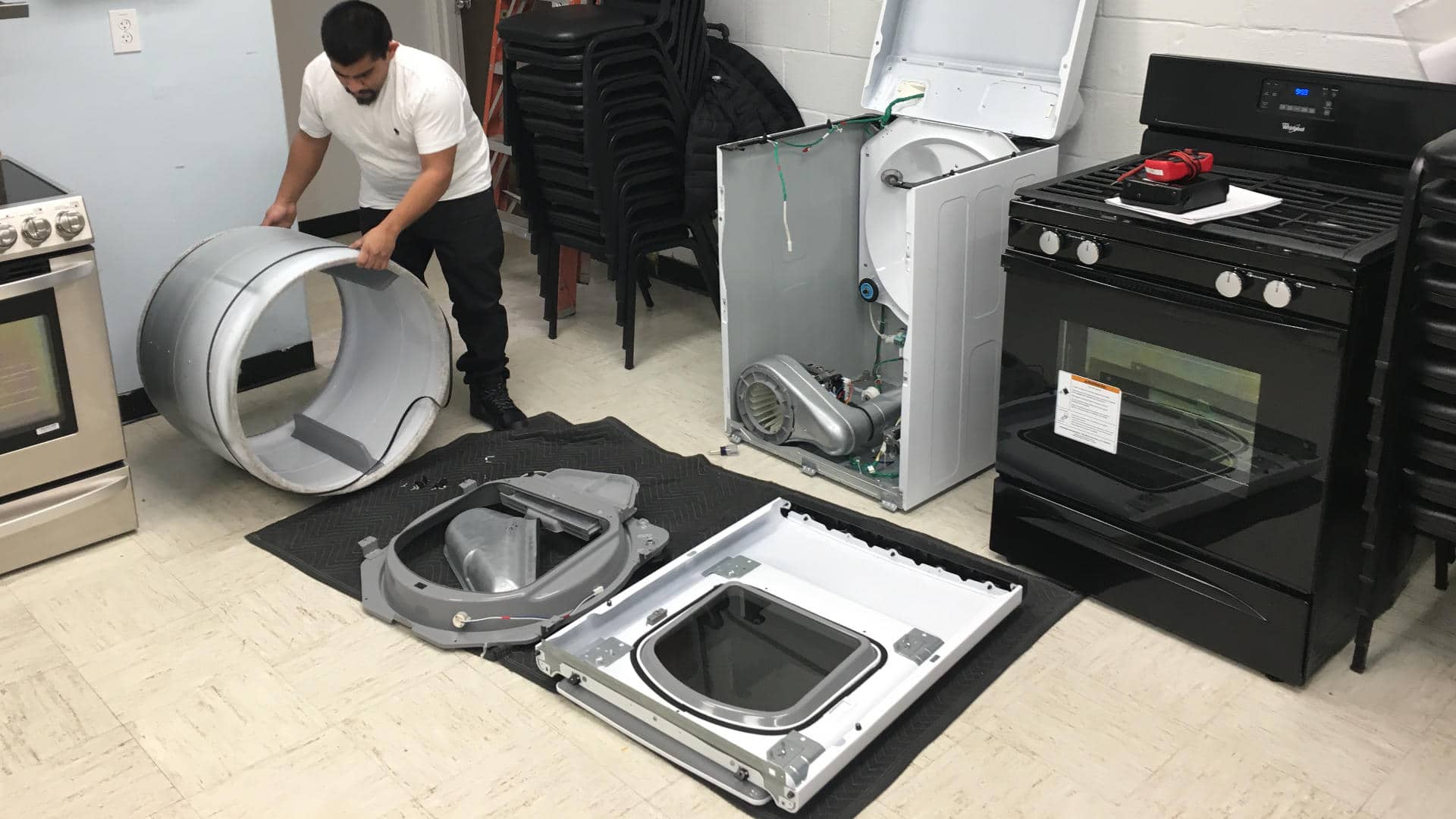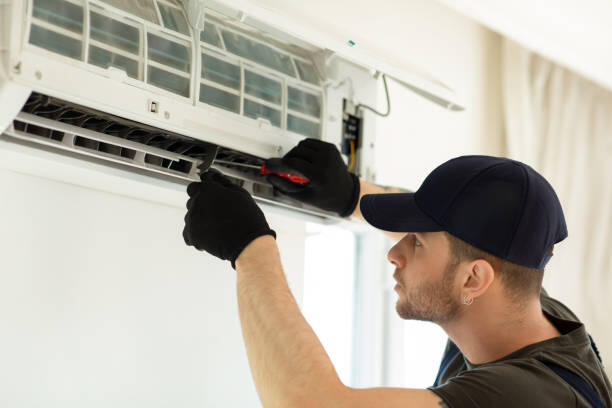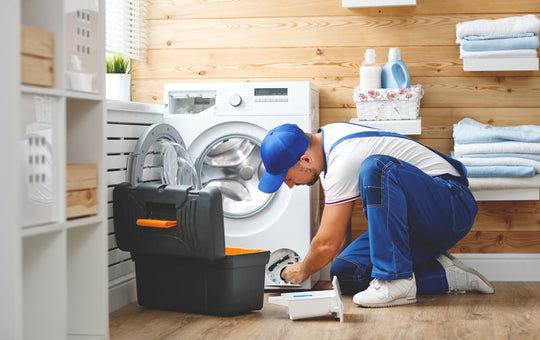The air conditioner is not working, how do I know why?
If your air conditioner refuses to kick in, identifying the fundamental issues becomes crucial. Begin by checking the power source and ensuring electrical connections are intact. Inspect the fuses and circuit breakers to rule out electrical problems. Examine the thermostat settings to guarantee accurate temperature control. Clogged or dirty air filters may impede airflow, leading to malfunction. Assess the outside unit for debris and check if the condenser coils are clean. Addressing these foundational concerns can often revive your air conditioner's functionality. If troubleshooting doesn't yield results, seeking professional assistance is advisable for a comprehensive diagnosis and repair.
Electrical Connections and Fuses: Initial Checks
Checking electrical connections and fuses is the first step in diagnosing air conditioner issues. Before starting, turn off the device. Then, inspect the power plug and check for any loose connections or burnt fuses that may obstruct power flow. Conducting these checks often reveals simple solutions to identified problems.
Thermostat Issues: Ensuring Air Conditioner Control
For your air conditioner to function correctly, it's crucial that the thermostat is accurately set. The thermostat should measure temperatures correctly and operate according to the set values. Properly adjusting the thermostat and replacing its batteries when necessary are fundamental steps to ensure the effective operation of the air conditioner.
Air Conditioner Filters: Cleaning and Replacement Recommendations
Regular cleaning or replacement of air conditioner filters is essential to maintain clean air flow and ensure the efficient operation of the unit. Dirty filters can reduce the performance of the air conditioner and impact air quality. Periodic maintenance of filters prolongs the lifespan of the air conditioning system.
Outdoor Unit Issues: Fan and Cooling Controls
The outdoor unit facilitates heat transfer to the external environment. It is essential to check whether the fan is operating correctly and if cooling control mechanisms are functioning smoothly. Additionally, ensure the area around the outdoor unit is clean and unobstructed.
Compressor Issues: Main Engine of the Air Conditioner
The compressor, serving as the main engine of the air conditioner, circulates the refrigerant flow. If the compressor fails to function correctly, the air conditioner cannot perform its cooling function. Regularly checking the compressor's noise, vibrations, and operational consistency helps detect potential issues in advance.
Coolant Levels: Checking and Refilling
Regularly monitoring the levels of the coolant inside the air conditioner is crucial. If coolant levels are low, the air conditioner may operate inefficiently, resulting in reduced cooling capacity. Therefore, checking and refilling coolant levels when necessary is essential.
Air Conditioner Sensors: Accurate Temperature Perception
Air conditioner sensors detect changes in room temperature and guide the unit's operational processes. Proper functioning of these sensors is critical for the air conditioner to effectively control the temperature. If there is an issue with the sensors, the air conditioner may struggle to achieve the desired temperature.
Air Conditioner Control Panel Issues: Buttons and Settings
The control panel of the air conditioner is a fundamental component that allows users to manage the device. Ensure that buttons are functioning correctly, and settings can be adjusted accurately. If there is a malfunction in the control panel, the air conditioner may not achieve the desired performance. Therefore, regular checks of buttons and settings are essential.
DIY Air Conditioner Repairs: Empowering You to Fix Common Issues
Air conditioners play a pivotal role in maintaining indoor comfort, but when they encounter issues, the prospect of costly repairs can be daunting. However, many common air conditioner problems can be addressed with simple do-it-yourself (DIY) solutions, empowering you to troubleshoot and potentially fix these issues without professional help.
Understanding the Basics
Start by familiarizing yourself with the basic components of your air conditioner, including the thermostat, filters, compressor, and electrical connections. Knowing how these parts function will aid in identifying potential issues.
Checking Electrical Connections
Inspect electrical connections and ensure there are no loose wires or burnt fuses. Turn off the power supply before conducting any checks. Identifying and fixing faulty electrical connections can often resolve power-related problems.
Thermostat Calibration
A misaligned thermostat can lead to inaccurate temperature readings and inefficient cooling. Calibrate your thermostat according to the manufacturer's instructions or consider replacing the batteries. This simple step can significantly enhance your air conditioner's performance.
Filter Maintenance
Clogged or dirty filters can impede airflow and reduce cooling efficiency. Regularly clean or replace air filters to ensure optimal performance. This straightforward maintenance task can enhance the air quality and lifespan of your air conditioning unit.
Outdoor Unit Care
Inspect the outdoor unit for debris, dirt, or any obstructions that may hinder proper airflow. Clean the unit and its surroundings regularly to facilitate efficient heat exchange, allowing your air conditioner to operate smoothly.
Compressor Checks
The compressor is the heart of your air conditioner. Listen for unusual noises or vibrations while the unit is running. If you notice anything unusual, it's advisable to consult a professional. However, keeping the compressor well-maintained can prevent potential issues.
Coolant Levels
Monitor the coolant levels to ensure your air conditioner's refrigerant is at the correct volume. Low coolant levels can lead to inefficient cooling. If levels are low, consult a professional for a coolant recharge.
Sensor Functionality
Air conditioner sensors detect room temperature changes. Ensure these sensors are clean and unobstructed. If your unit struggles to reach the desired temperature, a quick sensor check could provide a solution.
Control Panel Inspection
Regularly inspect the control panel for functional buttons and accurate settings. Malfunctions in the control panel can impact your air conditioner's performance. Addressing issues promptly can prevent further complications.
By gaining a basic understanding of your air conditioner's components and following these DIY maintenance steps, you can potentially resolve common issues, enhance efficiency, and prolong the life of your cooling system. However, if problems persist or if you're uncomfortable performing these tasks, it's recommended to seek professional assistance for a comprehensive inspection and repairs.
Professional Assistance: Finding Solutions in Unresolved Situations
While DIY maintenance and troubleshooting can address many common air conditioner issues, there are situations where professional assistance becomes crucial. Recognizing the limits of DIY solutions and knowing when to seek expert help is essential for ensuring the optimal functioning and longevity of your air conditioning system.
Complex Mechanical Failures
In cases of intricate mechanical failures or issues within the internal components of your air conditioner, professional technicians possess the expertise and specialized tools to diagnose and rectify these complexities. Attempting to resolve intricate problems without proper knowledge may exacerbate the situation.
Refrigerant Handling and Repairs
Dealing with refrigerants, a critical component of air conditioning systems, requires specialized knowledge and equipment. Professionals are trained to handle refrigerants safely, ensuring compliance with environmental regulations. If you suspect refrigerant-related issues, seeking professional assistance is imperative.
Electrical Troubleshooting
Air conditioners involve intricate electrical systems. If you encounter electrical malfunctions, such as faulty wiring or issues with the control panel, professional technicians are equipped to navigate these complexities safely. Electrical problems pose risks, and expert intervention ensures both safety and accurate repairs.
Manufacturer-Specific Expertise
Each air conditioner model and brand may have unique specifications and requirements. Professional technicians possess manufacturer-specific knowledge, ensuring that repairs adhere to the equipment's intended design and functionality. This expertise is invaluable in addressing issues that may be unique to your specific unit.
Comprehensive System Evaluation
Professionals conduct thorough system evaluations to identify underlying issues that may not be apparent through simple troubleshooting. This comprehensive approach enables them to address root causes, preventing recurrent problems and ensuring long-term system reliability.
Ensuring Warranty Compliance
Seeking professional assistance for repairs helps maintain the validity of your air conditioner's warranty. DIY interventions, if not aligned with manufacturer guidelines, may void warranties. Professional technicians follow industry standards and manufacturer recommendations, safeguarding your warranty coverage.
Time and Cost-Efficiency
While DIY efforts can be cost-effective for minor issues, complex problems may consume valuable time and resources without guaranteed success. Professionals streamline the repair process, efficiently identifying and addressing issues, ultimately saving you time and minimizing long-term costs.
In conclusion, recognizing the need for professional assistance in unresolved situations is crucial for maintaining the efficiency and safety of your air conditioning system. Whether facing intricate mechanical failures, electrical issues, or the need for manufacturer-specific expertise, entrusting the resolution to qualified technicians ensures optimal performance and peace of mind.






